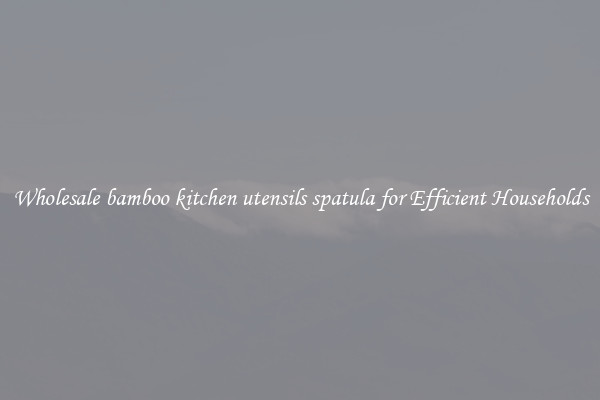Durable And Efficient practical commercial kitchen
When it comes to running a successful commercial kitchen, durability and efficiency are two key factors that can make a significant impact on the overall operation. A practical commercial kitchen needs to be able to withstand the demands of a busy restaurant or food service establishment while also being able to produce high-quality and consistent results.

One of the most important aspects of a durable and efficient commercial kitchen is the equipment that is used. Investing in high-quality, commercial-grade appliances and tools can make a huge difference in the longevity and performance of a kitchen. Stainless steel appliances, such as ovens, refrigerators, and sinks, are not only durable but also easy to clean and maintain.
In addition to durable equipment, a practical commercial kitchen should be designed in a way that maximizes efficiency. This means organizing the kitchen layout in a way that minimizes the amount of time and energy wasted on tasks such as food prep, cooking, and cleaning. For example, having workstations set up in a logical and efficient manner can help streamline the cooking process and improve overall productivity.
Furthermore, investing in energy-efficient appliances can not only help reduce utility costs but also have a positive impact on the environment. Energy-efficient appliances are designed to use less energy while still providing the same level of performance as their traditional counterparts. This not only helps save money in the long run but also reduces the kitchen's carbon footprint.
Another important aspect of a durable and efficient commercial kitchen is regular maintenance and upkeep. Proper cleaning and maintenance of equipment can help prolong its lifespan and prevent costly repairs or replacements. Additionally, implementing a regular cleaning schedule for the kitchen can help ensure a safe and sanitary environment for food preparation.
Overall, a durable and efficient commercial kitchen is essential for the success of any food service establishment. By investing in high-quality equipment, optimizing the kitchen layout for efficiency, and implementing proper maintenance practices, restaurant owners can create a kitchen that is not only functional but also cost-effective and sustainable in the long run.

View details

View details

View details

View details








